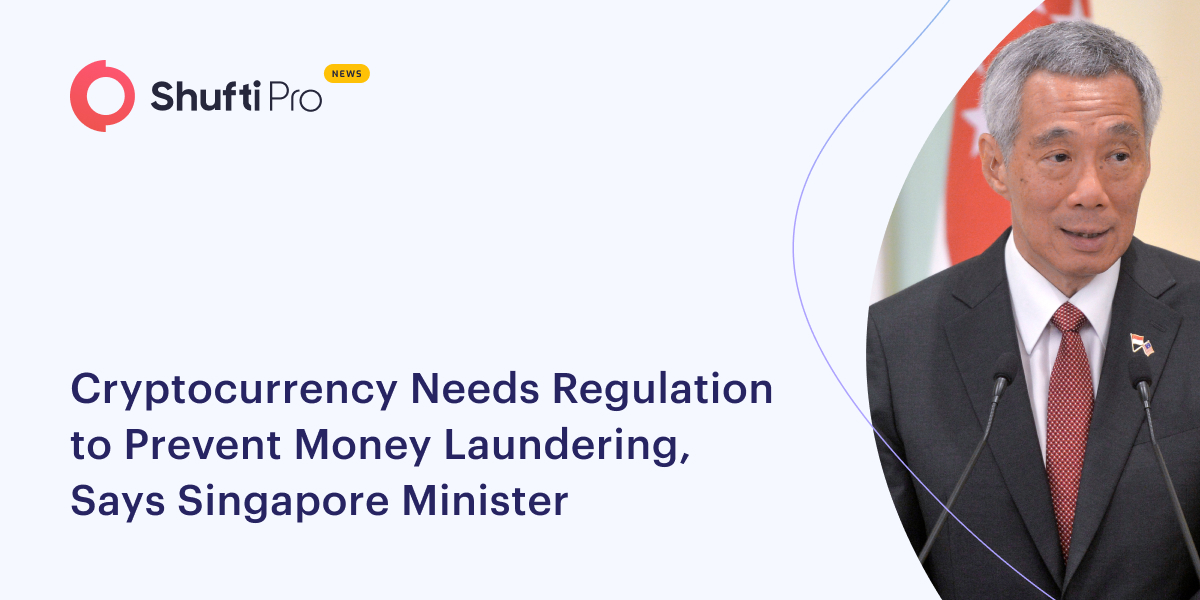Cryptocurrencies Need Regulation to Prevent Money Laundering, Says Singapore Minister

A panel of regulators and bankers at the World Economic Forum stated that cryptocurrency need to be regulated to protect against money laundering and other financial crimes.
Singapore’s Senior Minister Tharman Shanmugaratnam demonstrated that it is “very clear” that the cryptocurrency margin has to be controlled for things like money laundering, similar to traditional finance.
And when it comes to regulating cryptocurrency the same way as banks and insurance firms, there is a significant need to ask the required set of questions.
“Does that legitimise something that’s inherently purely speculative? And in fact, slightly crazy?” said Mr Tharman, who is also Coordinating Minister for Social Policies and chairman of the Monetary Authority of Singapore.
“Or are we better off just providing ultra clarity as to what’s an unregulated market and if you go in, you go in at your own risk? I lean a bit more towards the latter view.”
Mr Thaman stated that customer education is necessary to clarify that working in cryptocurrency is a risk at one’s own expense.
“And then if crypto or blockchain or any of the parts of that ecosystem would like to do things that traditional finance is doing, you apply exactly the same regulations to that. Capital liquidity, reserve backing, exactly the same regulations,” he added.
“So people are very clear. There is one regulatory system for everything. And if you’re outside of the regulatory system, buyer beware.”
Francois Villeroy de Galhau, the governor of the Bank of France, who was also at the panel, mentioned that nations should rush to roll out rules for non-bank financial firms, starting with crypto firms.
“We cannot say, look, there was this crypto winter and now it’s over. You don’t have to deal with it. We have to regulate,” he said, adding that calls for a ban are “a bit exaggerated”.
“We have to regulate in a coordinated manner. We have to have international rules, it’s an utmost priority.”
The pressure to impose stricter crypto rules grew after the world’s second-largest crypto exchange, FTX crashed back in November 2022. Other high-profile collapses include the blow-up of Terra-Luna and Three Arrows Capital.
Furthermore, UBS chairman Colm Kelleher named blockchain technology “unstoppable” and stated that it will “reduce huge operational friction, reduce costs and, harnessed properly, will be a very good value additive to the chain”.
Suggested Read:
Crypto Industry Rejects New Rules to Report NFT and DeFi Transactions
Crypto Providers at Risk of Money Laundering & Terror Financing, Says FMA
Cryptocurrencies marked as top AML and CFT Priority by FinCEN

 Explore Now
Explore Now













